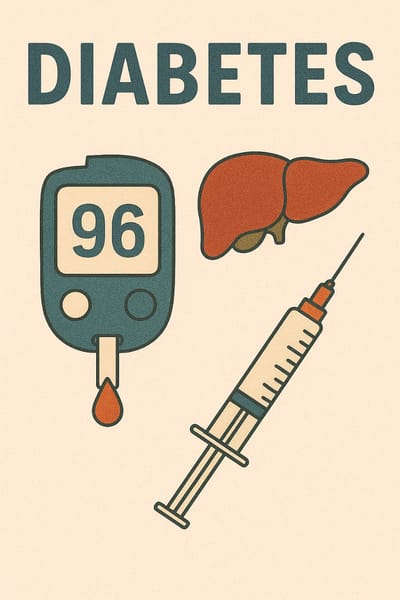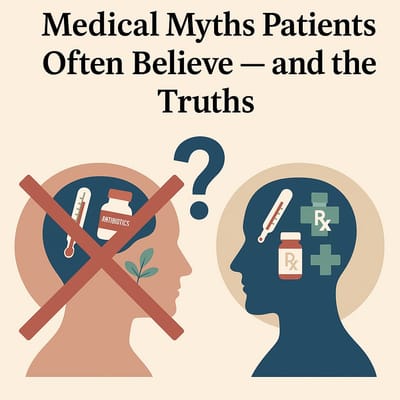Articles #infections
As physicians, we often encounter patients who complain of “brain fog.” They describe it as a state where their mind feels cloudy, concentration becomes difficult, memory slips more frequently, and decision-making slows down. While this is not a medical diagnosis in itself, it is a symptom that warrants attention. Brain fog can be temporary, related to lifestyle factors, or it can point toward an underlying medical condition that requires evaluation and treatment.
Read MoreVitamin D is not just a “bone vitamin.” It is a vital hormone-like substance influencing bones, muscles, the immune system, cardiovascular health, and even mental well-being. Deficiency is often silent, creeping in unnoticed, but its long-term consequences can be profound. As physicians, we encounter this problem daily in practice, yet it remains underestimated by patients and even some professionals.
Read MoreDiabetes mellitus is not a single disease—it is a family of metabolic disorders characterized by high blood sugar due to problems with insulin. It is one of the leading global health concerns, affecting millions of people across all age groups.
Read MoreDiabetes mellitus (DM) is a chronic metabolic disorder characterized by persistent hyperglycemia — an abnormally high level of glucose in the blood. It results either from: • Deficient insulin secretion (the pancreas does not make enough insulin), • Impaired insulin action (cells do not respond properly to insulin), • Or a combination of both.
Read MoreMedicine and health are fields where myths and misconceptions often spread faster than facts. From household remedies passed down through generations to half-truths circulating online, patients frequently come to clinics with firm beliefs that may not be supported by science.
Read More



